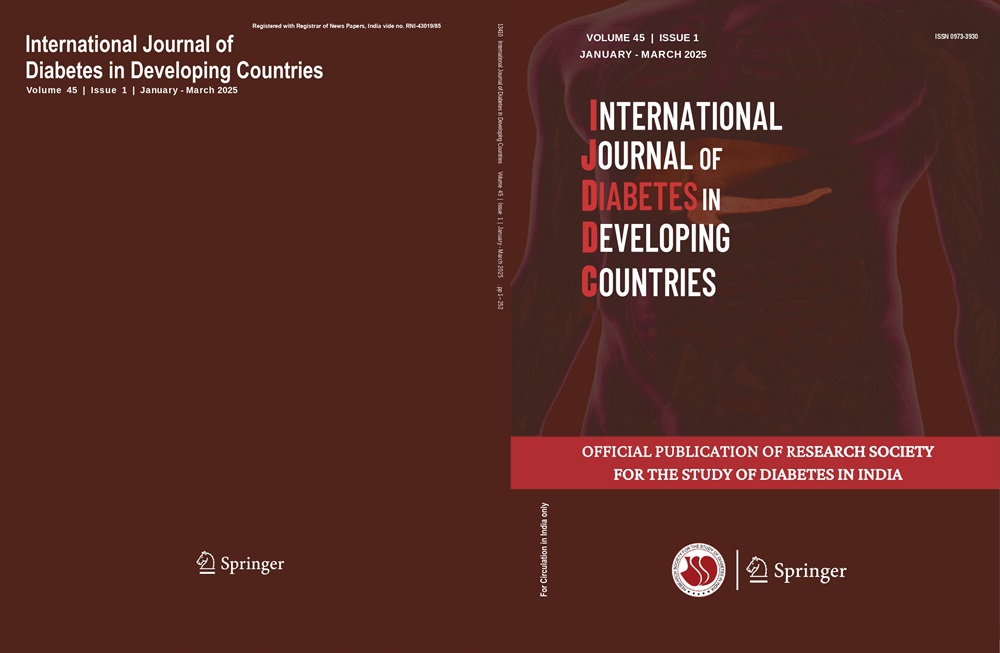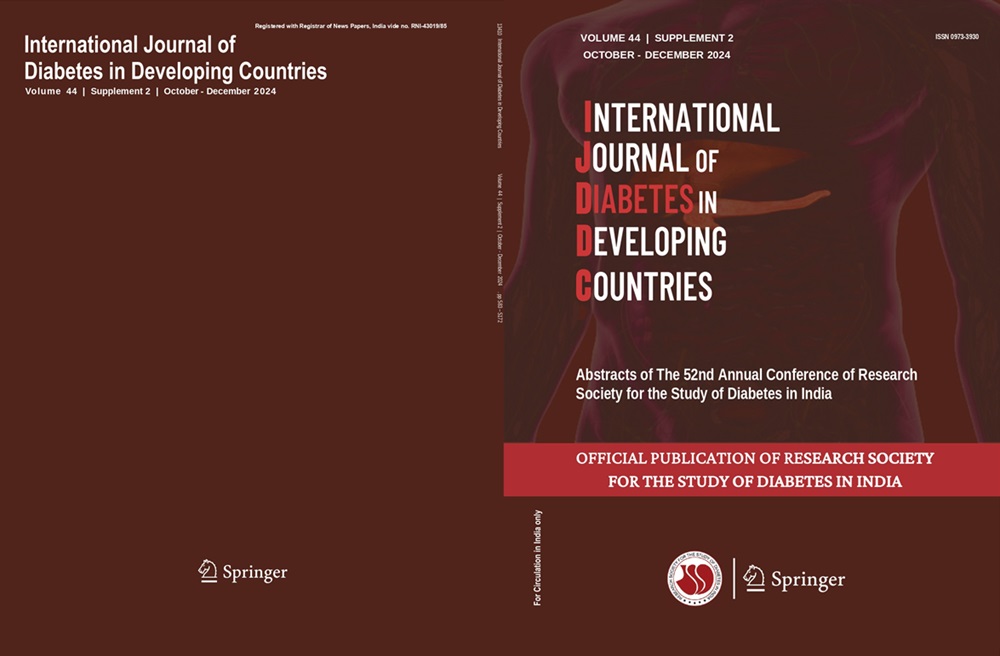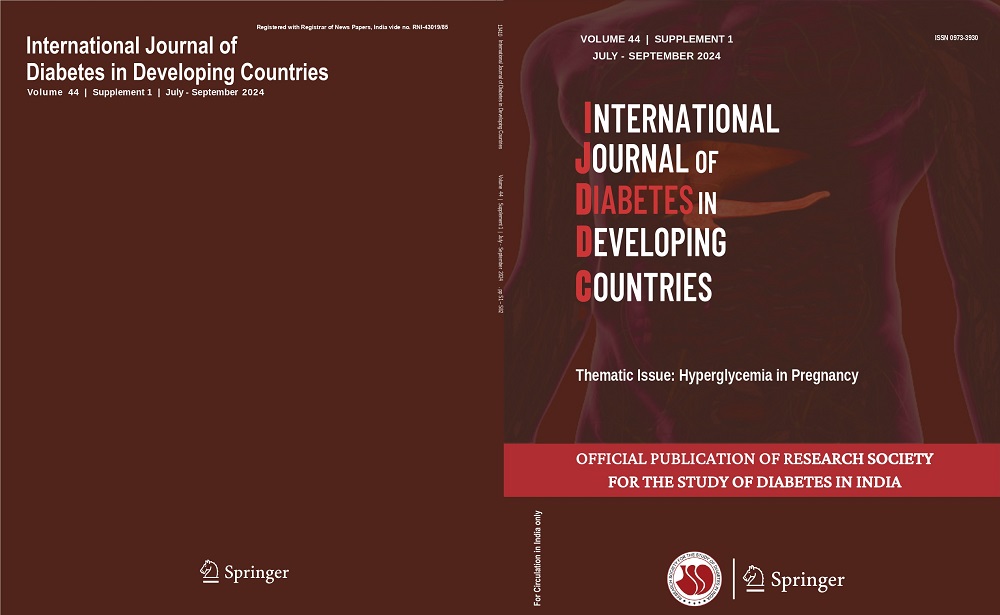ÖmercanTopaloğlu, DidemYıldızToksöz
Keywords
Diabetes • Exenatide • Thyroid • Obesity • Weight loss
Abstract
Background Factors regarding exenatide-related weight loss have been underrecognized. We aimed to reveal the association between free T4 (fT4) level and exenatide-related weight loss, and change in thyroid function with exenatide treatment in euthyroid adult patients with type 2 diabetes and obesity.
Methods We included euthyroid adult patients with type 2 diabetes and obesity whom exenatide was added to metformin treatment. We excluded those with contraindication to exenatide or history of thyroid dysfunction. We analyzed baseline demographic, clinical and laboratory features, and the change (difference between the last [6th month] and baseline levels) in body weight, body mass index (BMI), TSH, fT4, fasting blood glucose, HbA1c. We grouped them as Group A: weight loss-absent vs. Group B: weight loss-present (<10%/ ≥10%).
Results In total (n = 106), TSH-change was -0.077(±1.10), and fT4-change -0.0123(±0.20) (p = 0.229 and p = 0.908, respectively). TSH decreased more in group A than in Group B (p = 0.018). Baseline and the last fT4 levels were higher in group B (p = 0.010 and p = 0.004, respectively). ROC curve analysis indicated that baseline fT4 (cut-off:1.16 ng/dL, AUC:0.708, p = 0.010) was associated with weight loss. The ratio of patients having higher baseline fT4 (≥1.16) was higher in group B (p = 0.016). Baseline BMI (≥40 kg/m 2 ) and fT4 (≥1.16 ng/dL) levels were positive predictors for weight loss (p = 0.024 and p = 0.013, respectively). Decrease in BMI was negatively correlated with baseline BMI (p = 0.002).
Conclusion Exenatide provides more weight loss in the patients with higher baseline BMI or fT4. Thyroid function remains unchanged during treatment.




